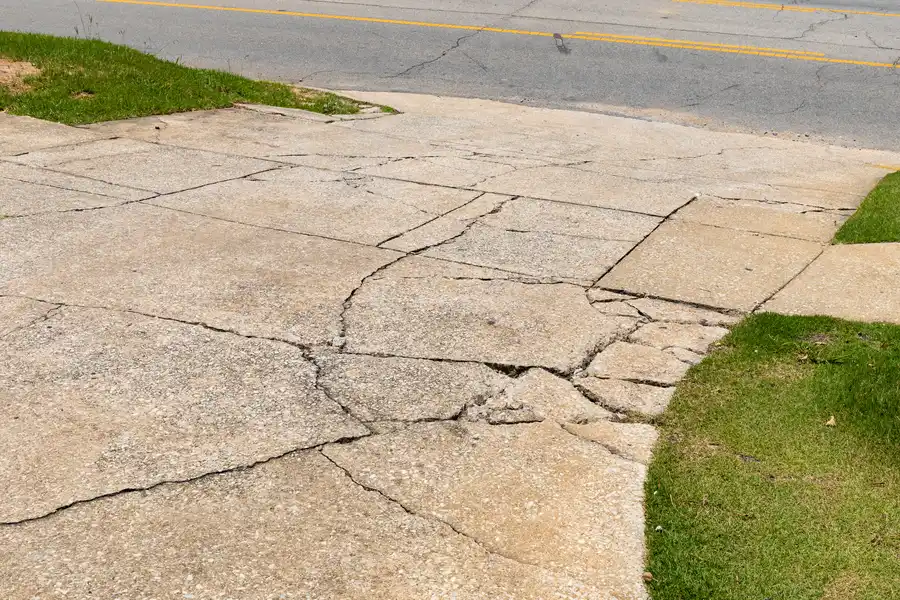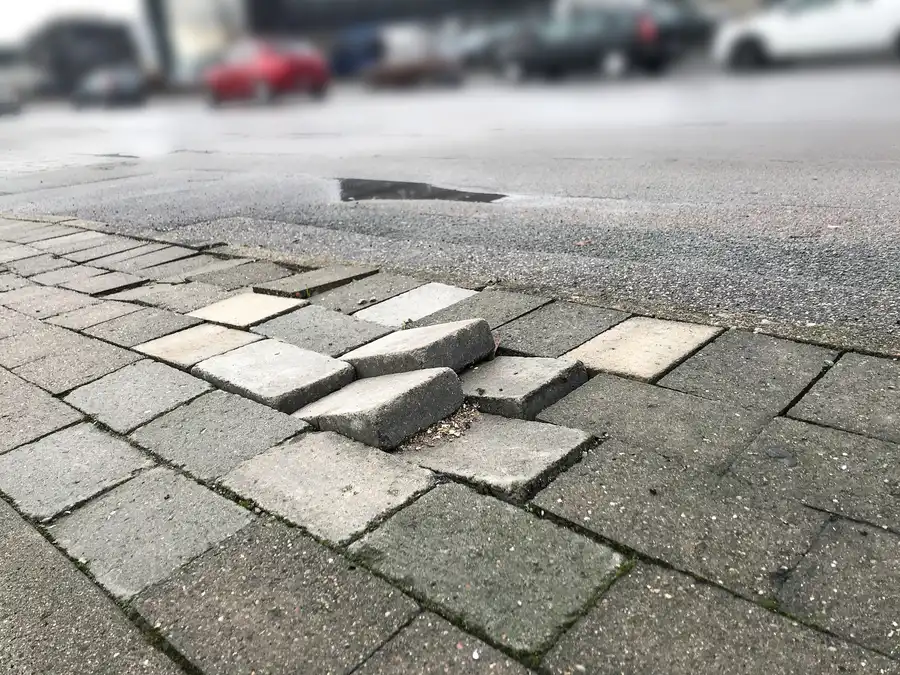How Weighty Loads Affect Your Pavement’s Durability
Asphalt driveways are a popular choice for many homeowners due to their cost-effectiveness and durability. However, the presence of heavy vehicles can significantly impact their longevity. Understanding how weighty loads affect your driveway is essential for maintaining its condition and ensuring it lasts longer. By exploring the factors that contribute to wear and tear, you can take steps to protect your investment.

Understanding the Pressure of Heavy Vehicles
Heavy vehicles exert a tremendous amount of pressure on asphalt surfaces. This pressure can cause cracks and potholes over time, especially if the pavement isn’t designed to handle such loads. Standard residential driveways may not be equipped to support the weight of trucks or large vans without sustaining damage. Driveway repair becomes necessary when these damages accumulate, affecting the overall appearance and functionality of the surface.
Signs Your Asphalt Driveway Is Struggling
Identifying early signs of stress in your asphalt driveway can prevent further damage. Look out for small cracks, uneven surfaces, and pooling water after rain. These indicators suggest that your driveway might be buckling under the pressure of heavy vehicles. It’s important to address these issues promptly with appropriate solutions like filling cracks or resurfacing. In some cases, more intensive driveway repair might be needed to restore the pavement’s integrity.

Common Issues With Overweight Loads
When driveways bear loads they weren’t designed for, several problems can arise:
- Cracking: Excessive weight causes surface cracking.
- Potholes: Continuous use by heavy vehicles leads to pothole formation.
- Foundation Damage: The sub-base may weaken, compromising stability.
These issues not only degrade the visual appeal of your driveway but also pose safety risks.
Steps to Mitigate Damage From Heavy Vehicles
You can take proactive measures to reduce the impact of heavy vehicles on your driveway. Consider implementing these strategies:
- Limit Access: Restrict heavy vehicle access whenever possible.
- Reinforce Surface: Use thicker asphalt layers during construction.
- Regular Maintenance: Fill cracks and sealcoat regularly.
By following these steps, you help prolong the lifespan of your asphalt driveway and reduce maintenance costs.
Best Practices for Maintaining Asphalt Driveways
Maintaining an asphalt driveway involves consistent care and attention. Here are some best practices:
- Sealcoating every 3-5 years protects against weathering and wear.
- Promptly fill any visible cracks to prevent water infiltration.
- Avoid parking heavy vehicles for extended periods.
Implementing these practices ensures your driveway remains in good condition despite frequent use.
The Financial Implications of Long-Term Neglect
Ignoring maintenance needs can lead to significant financial consequences. Extensive repairs or complete replacements are far more costly than routine upkeep. A well-maintained driveway presents better curb appeal, which can enhance property value. Investing in regular maintenance ultimately saves money by extending the life of your asphalt surface.
Taking Steps Toward a Durable Driveway
Protecting your driveway from the impact of heavy vehicles requires conscious effort and informed choices. By understanding the effects of weighty loads, you ensure your driveway lasts for many years. Contact Swanson Seal Coating at (978) 577-8500 for expert advice and services tailored to your needs. Our team operates throughout Hubbardston, MA, offering professional assistance in keeping your asphalt surfaces in top shape.